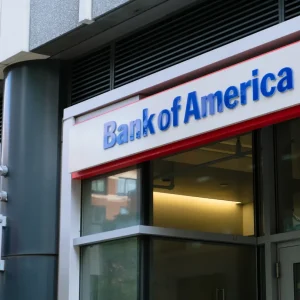
US District Judge Margo Brodie has refused to approve the proposed $30bn settlement between Visa and Mastercard and US merchants, which aimed to temporarily reduce and cap credit interchange rates through 2030.
The district judge of the US District Court for the Eastern District of New York issued an order stating that the court finds it unlikely to grant final approval to the settlement. Consequently, the plaintiff’s motion for preliminary settlement approval was denied.
Visa and Mastercard’s proposed settlement was opposed by many merchants and trade groups, including the National Retail Federation (NRF). The allegation is that card fees would remain excessively high along with Visa and Mastercard retaining extreme control over card transactions.
According to NRF’s attorneys, the proposed settlement of the 19-year-old lawsuit will not end Visa and Mastercard’s practice of centrally setting swipe fees charged by all banks that issue their cards.
The district judge’s decision may prompt both payment card service companies to either negotiate a more favourable settlement with merchants or proceed to trial, reported Reuters.
US Senate Majority Whip Dick Durbin, US Senator Roger Marshall and Credit Card Competition Act lead sponsors said: “We’re pleased Judge Brodie rejected this settlement, which we felt only temporarily provided concessions negotiated by a few lawyers behind closed doors.
“And we are hopeful that Visa and Mastercard will now negotiate a settlement that truly benefits our merchants and small businesses.
“However, the only true solution is to pass our bipartisan, bicameral legislation—the Credit Card Competition Act—to enhance competition between credit card networks and ultimately lower costs for small businesses and consumers.”
In March this year, Visa and Mastercard reached the agreement to reduce their US credit card interchange rates for at least a period of five years.
Through the settlement, the companies expected to deliver merchants with enhanced flexibility at the point of sale (POS), including the opportunity to steer to preferred payment methods and optionality around surcharging.






